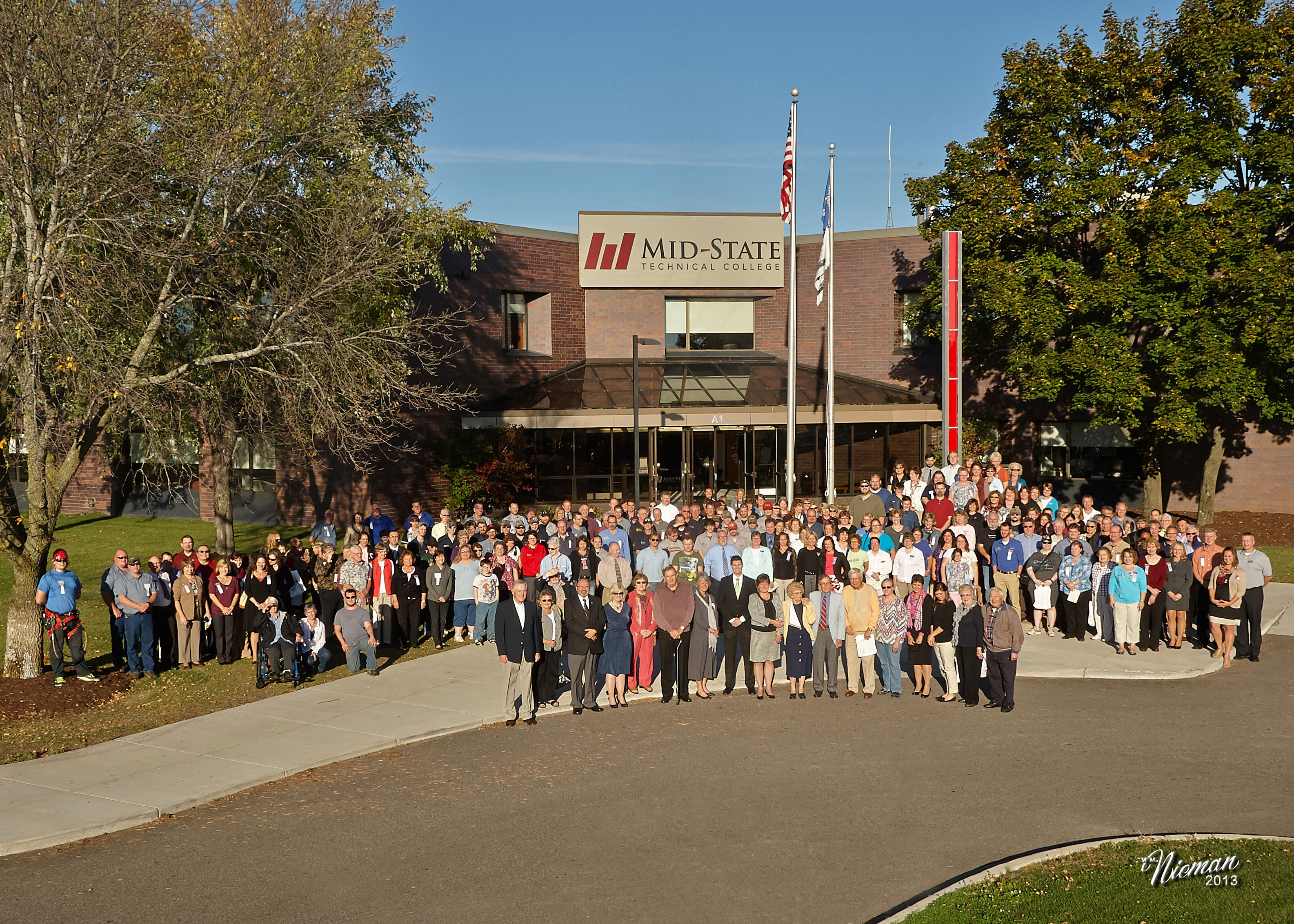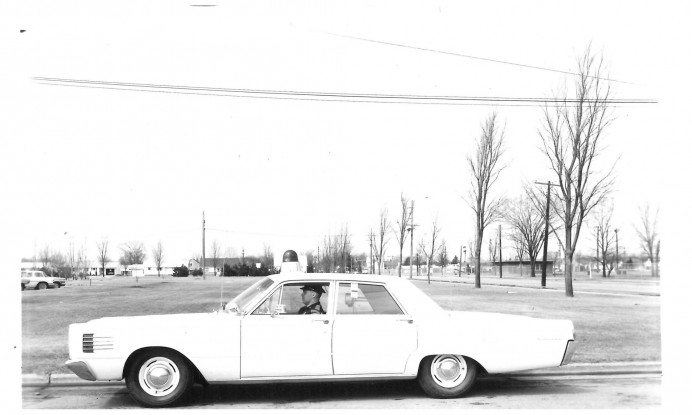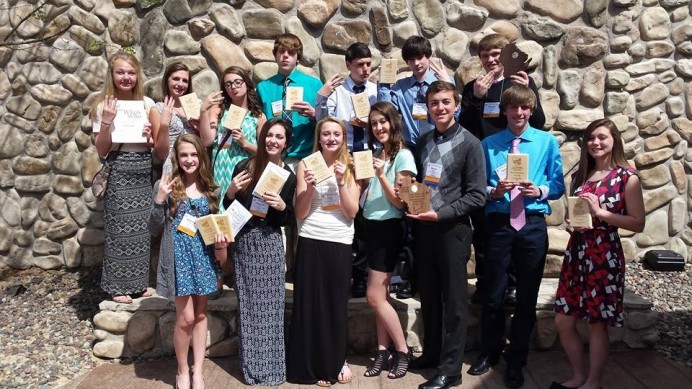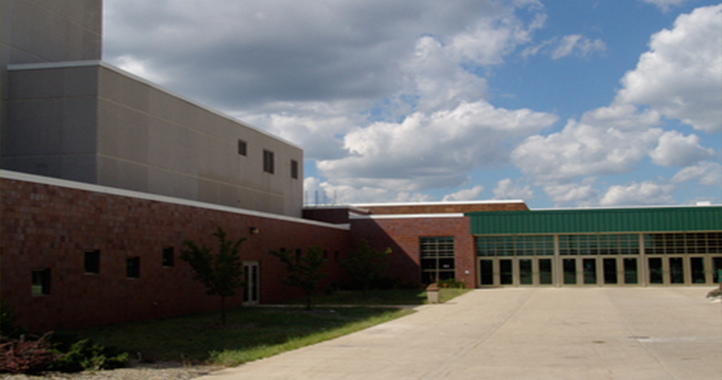Lassa: Teacher Appreciation, Wisconsin’s Teacher Shortage
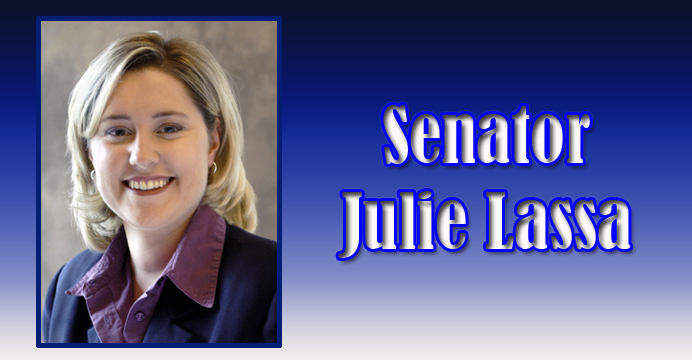
For the City Times
Every year in early May we celebrate Teacher Recognition Week as a way to recognize the tremendous work that our educators perform each day in teaching the students in their classrooms.
We all can remember those special teachers who helped guide us to become the people we are today because they cared, inspired and believed in us. As Henry Adams said, “A teacher affects eternity; he can never tell where his influence stops.” That statement is as true today as it was when he said it more than 100 years ago. Research shows that the single most significant factor in the academic success of children is the quality of classroom teaching.
Unfortunately, as a new report by the Public Policy Forum documents, having a continual supply of well trained teachers is far from a sure thing in Wisconsin. Between 2010 and 2014, an average of more than 5,000 Wisconsin teachers left the profession each year. For most of those years, fewer teachers entered the classroom than left, which resulted in a net loss of teachers at the same time that student enrollment increased slightly.
This problem may be with us for some time. The Public Policy Forum study also shows that the number of individuals completing teacher training programs fell during this period. Unless these trends change, Wisconsin’s teacher shortage is likely to grow. This past summer, many school districts across the state struggled to find enough staff. And in technical and vocational subjects where specialized knowledge is required, chronic shortages have caused districts to cancel courses that students want to take. None of this bodes well for Wisconsin’s skilled workforce shortage, which already threatens to become worse in the future.
There are a variety of reasons we have fewer teachers, from the compensation losses they suffered under Act 10, to the retirements caused by an aging workforce, to the failure of the majority Republican Legislature to restore the hundreds of millions of dollars that were cut from public education. One thing is clear, however: we have to take decisive action to come up with real solutions to our teacher shortage, or our children’s education and Wisconsin’s future economy will certainly suffer the consequences.
Unfortunately, Legislative Republicans have responded to the teacher shortage, not by working to encourage more people to train as teachers, but by watering down the requirements for getting a teacher’s license. This session, they approved proposals to enable people to teach technical and vocational subjects without a formal teacher’s license. In fact, it is now possible to teach these topics without a bachelor’s degree, and with very little professional experience.
This is teacher appreciation in reverse. It ignores the fact that teaching is more than just transmitting information. Skilled teachers understand how students learn, how to assess individual student needs, and how to use an array of teaching strategies to meet those needs.
A study by the Wisconsin Center for Education Research and the Wisconsin School Administrators Association showed that “industrialized nations whose students outperform U.S. students tend to invest heavily in pre-service preparation.” The study shows that these nations have higher standards and more rigorous teacher preparation than here in the U.S. – and their students outperform ours accordingly. If Wisconsin continues to water down our teacher preparation requirements, the research suggests our children will pay the price with a substandard education and our state will be denied the quality workforce it needs.
Teaching is both a skill and an art, and one of the most important professions in our society. Indeed it has been said that, “Teaching is the profession that teaches all the other professions.” I think the best way to show teachers our appreciation is to work to understand the underlying causes of the teacher shortage so that we can encourage more individuals to become great teachers, the ones whose inspiration will stay with our kids for a lifetime.

